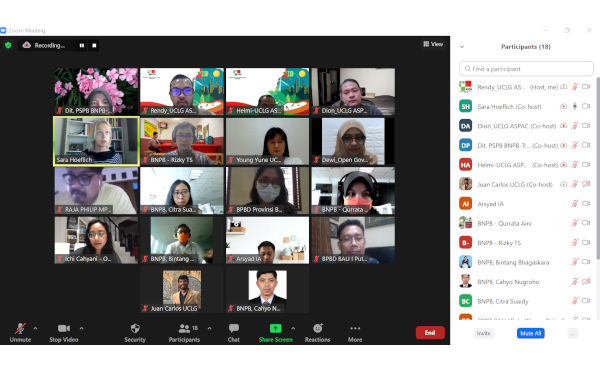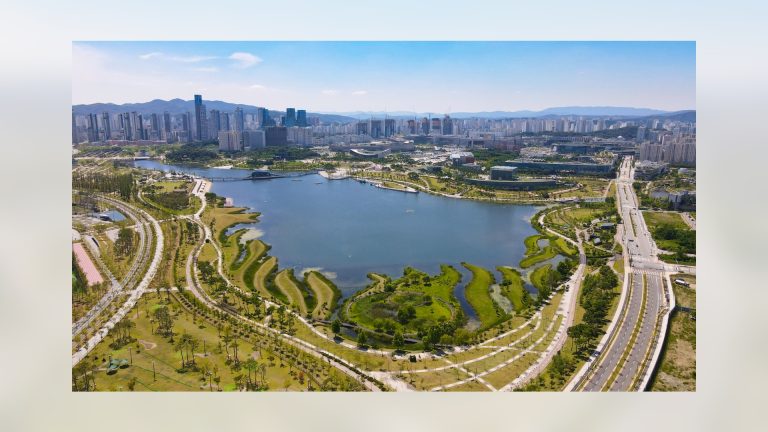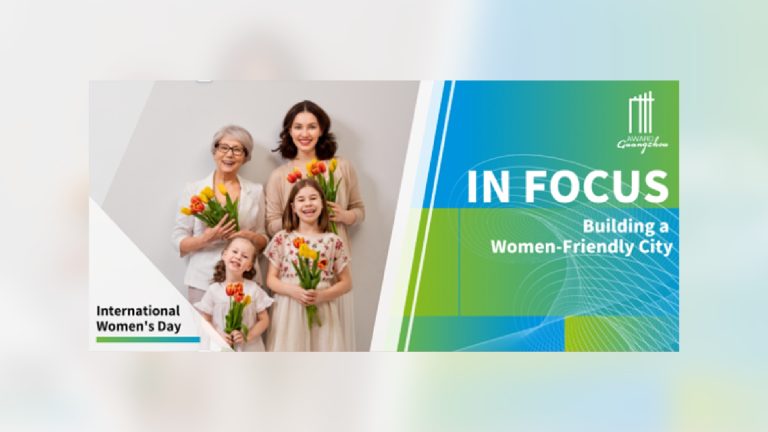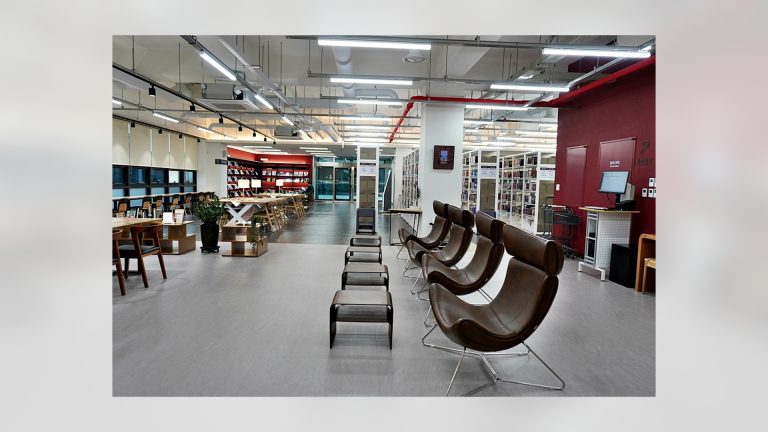United Cities and Local Governments Asia-Pacific (UCLG ASPAC) in partnership with United Cities and Local Governments World Secretariat (UCLG) and United Nations Office for Disaster Risk Reduction (UNDRR) collaborating with Indonesia’s National Disaster Management Agency (BNPB) conducted a 2-day session Training of Trainers (ToT) on Resilience Module 1 for several Local and Regional Governments (LRGs) and Local and Regional Government Associations (LRGAs) in Indonesia on 5th-6th April 2021.
The training session was attended by BNPB, Indonesia’s Ministry of Home Affairs (Kemendagri), The secretariat of Open Government Indonesia administered by National Planning and Development Agency (Kementerian PPN/Bappenas), Indonesia’s Association for Provincial Government (APPSI), Indonesia’s Association of Local Government (APEKSI), and Local Disaster Management Agency (BPBD) of Bali Province.
On the first day (5th April 2021), the training was focused on the Risk and Resilience Lecture and Exercise, localizing the SFDRR (Sendai Framework for Disaster Risk Reduction), fundamental Resilience (identifying the city shocks, and stresses), and the aligning the SDGs targets with resilience Lecture and Exercise. Started with Risk & Resilience lecture, where participants being facilitated to identify hazard, exposure, vulnerability, and capacity which these four elements are defines risk. The Head of UNDRR ONEA-GETI Incheon, Mr. Sanjaya Bhatia, also presented The Sendai Framework for DRR and the SDGs, which has four priorities and seven targets.
“This lecture examines the Sendai Framework for Disaster Risk Reduction and its synergies with 2030 Agenda for Sustainable Development, the Paris Climate Agreement, and the new Urban Agenda in addition to the priorities set up by local and regional governments, particularly in response to the Covid-19 pandemic and the post COVID-19 era.”
The first day training of trainer also provided exercises for the participants to identify shocks and stresses from the example of a representative city cases (case study of Bali Province and East Java Province). At the end of day one, participants were identifying the SDGs target with identified potential hazards and risks from those two sample provinces including the type of vulnerability.
On the second day (6th April 2021), the training of trainer was more on the overview of Resilience Principles and Policy Cycle, Governance & Assessment Tools Lecture. The lecture was presented by Mr. Helmi Abiddin from UCLG ASPAC where he shared and conducted discussion about the resilience principles and the policy cycle, also the risk and resilience governance. The lecture aimed to go beyond disaster risk reduction, providing tools for resilience-based sustainable urban development in line with LRGs ongoing commitment to inclusive, resilient, and sustainable communities. It was followed by Mr. Cahyo Nugroho, from BNPB, presented about the National Priority of disaster risk management based on RIPB 2020-2044, and its alignment with the global commitment.
Subsequently, participants were divided into two groups to do a Futurities dynamic: a governmental role-play game which consist of City Mayor, Head of Employment, Head of Environment, Head of Health Services, and Head of Finance. All participants were actively discussing to express their opinions of each role, to choose the future plot of their role city. These two different groups then produced two different results, and then discussed the results jointly.
Original source by : DRR Team
Edited by : KM Team











